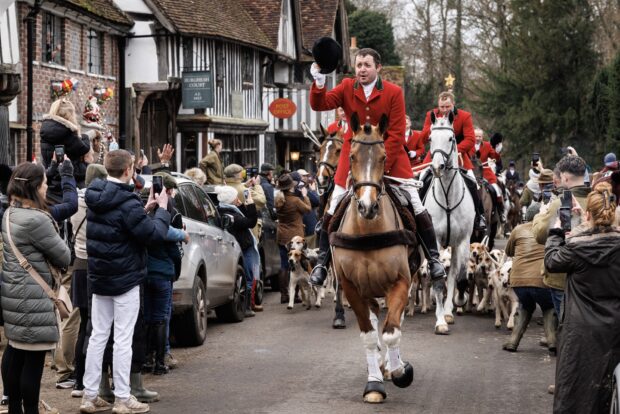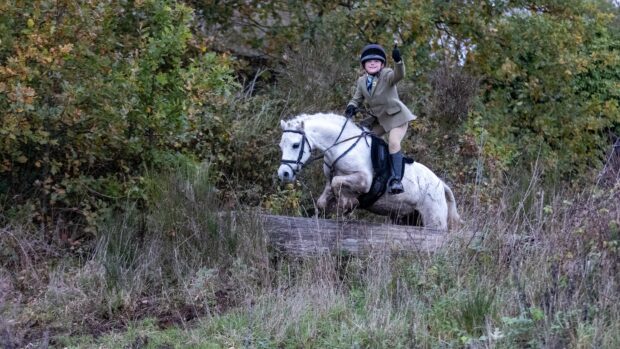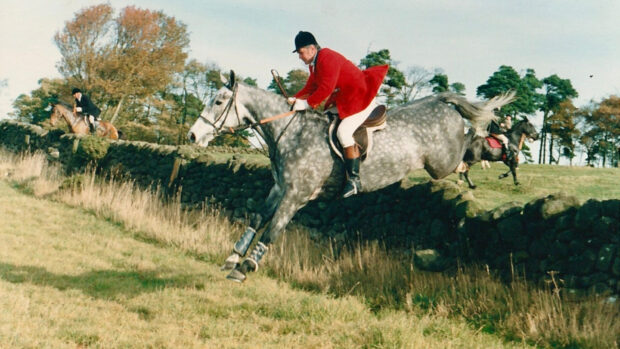A report published today by the Associate Parliamentary Group for Animal Welfare (APGAW), which looks at the future for hunting dogs should hunting be banned, offers five options which it sees as preferable to euthanasia in animal welfare terms.
The findings, which are based on written and oral evidence provided by various organisations, suggest that hounds could be retained as a pack, re-homed, retrained for drag-hunting or drafted to hunts abroad, with euthanasia being considered, on ethical grounds, only as a “last resort”.
The APGAW notes in its report that it would be “advantageous for the welfare of hounds as it means that hounds remain in the environment to which they are accustomed”, although almost half of the report is devoted to the question of re-homing hounds.
Countryside Alliance spokesman Darren Hughes is certain that such a solution is only an option in a minority of cases: “the report does confirm that large scale re-homing of hounds would be impractical without seriously compromising their welfare.
“We’ve always said that the re-homing of hounds is impractical, rather than impossible, but very few people would be able to offer such facilities,” he added.
The report does indeed make clear that there are huge impracticalities which would impede the re-homing of more than a handful of hounds. It states that potential new owners should:
A survey on the experiences of owners of hounds whose dogs have previously been re-homed from a hunt kennel showed that 14 out of 15 of the case studies did not “come back when called”, and Dominic Rudd, Director of Animal Welfare Services at the RSPCA, who has been a major force in the working group, suggested that “hounds would have to be kept on leads.”
Mr Rudd remains adamant, however, that re-homing hounds is a plausible solution in many cases. He quotes personal experience as evidence that it could prove a success, stating that the six-year-old foxhound bitch he adopted, “adjusted quickly to the fireside life”, although he also admits that she died six months later of unknown causes.
Rachel Casey, a vet who specialises in the behaviour and welfare of companion animals is more realistic about the difficulties faced when trying to re-home “large and boisterous dogs”. She accepts that for the welfare of hunting dogs, the best solution would be to keep them in their present environment.
Questions were raised about the impartiality of the working group when it was set up in January, and although its report “focuses entirely on the welfare implications for hunting dogs in the event of a ban”, its impartiality is brought into question once again as it gets caught up in the contentious debate of live quarry hunting vs. draghunting.
It suggests that draghunting now “represents a competition to foxhunting”, and spends considerable time explaining, from the working group’s point of view, how draghunting could work both in terms of finding suitable land and adapting the hunting to suit the experience of horse and rider.
The Burns report, which was commissioned by the Government in 2000 explained that draghunting uses less hounds and more country and even the APGAW report’s best case scenario allows for at most 1,020 foxhounds to be drafted into draghunting.
“Despite the protestations in the foreword of this report, it is clearly an attempt to ease the conscience of some of those who continue to push for a ban on hunting. All the key issues were addressed in much greater depth during the Burns Inquiry, and its conclusions were clear,” concluded Darren Hughes.



